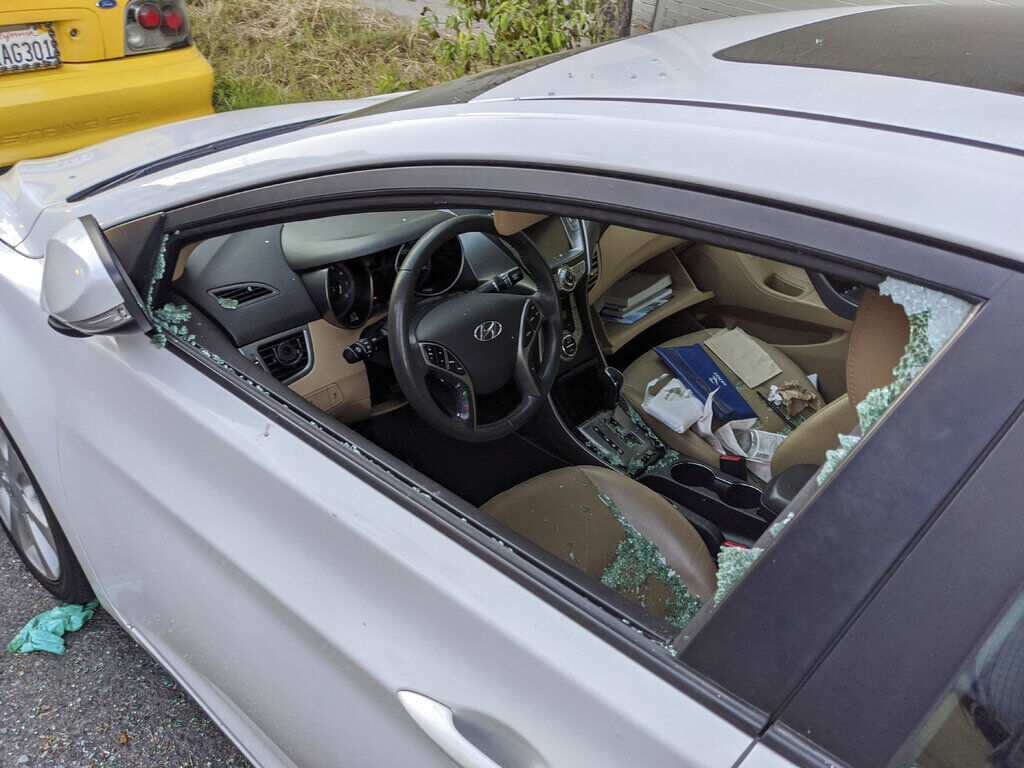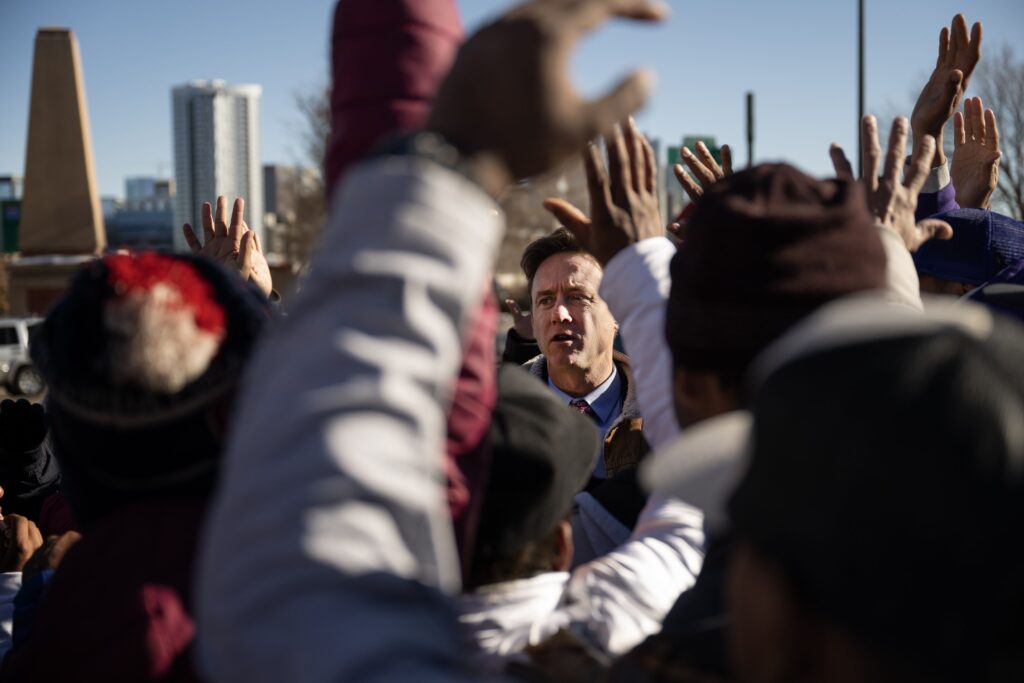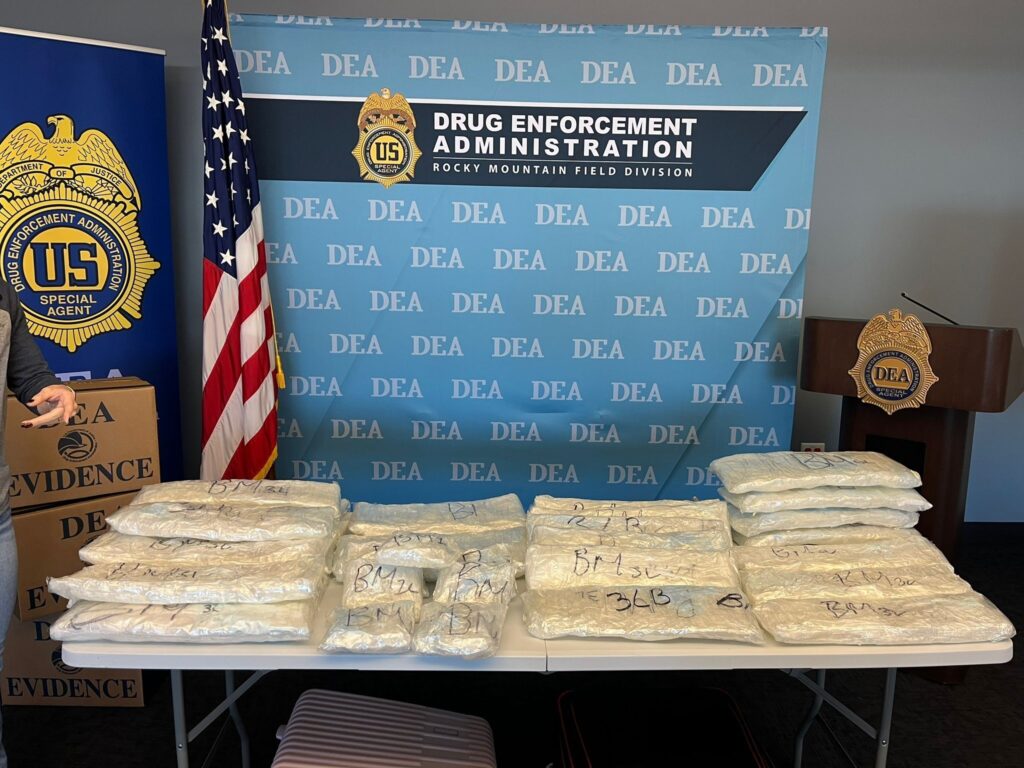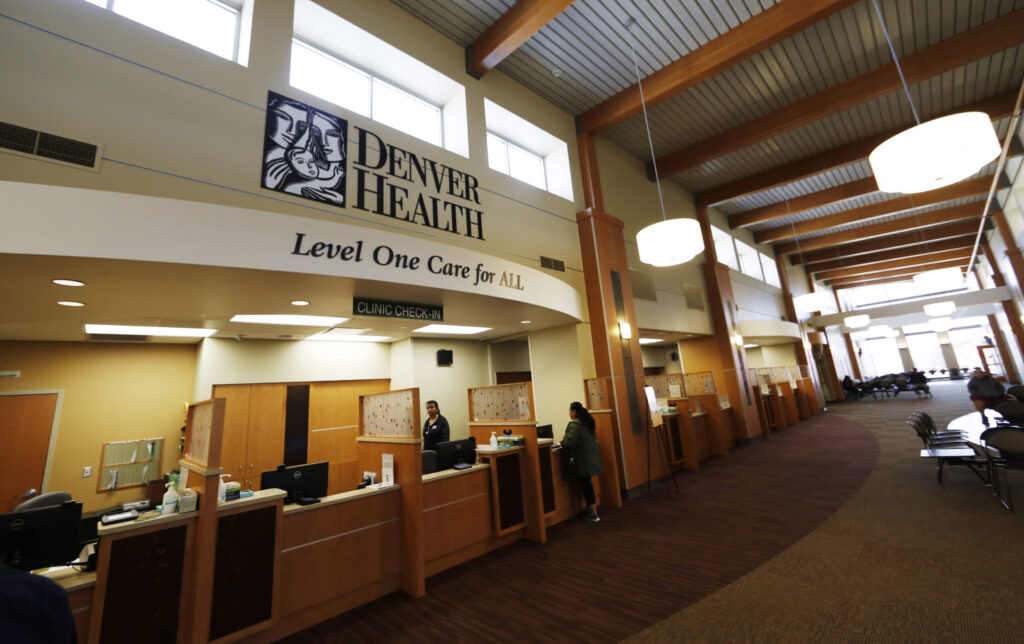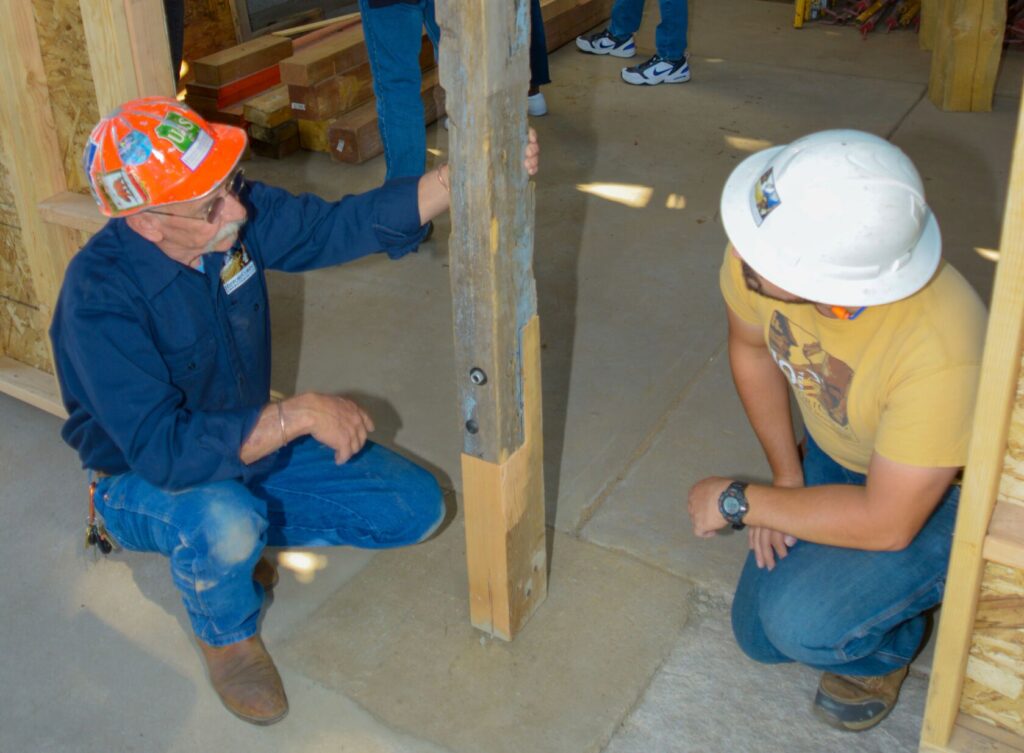SONDERMANN | The crime-induced winter of our discontent

It was just another wintry, February weekend. With news of six separate shootings across the metro area, resulting in four deaths and an additional number seriously wounded.
Welcome to Colorado in early 2022 and the winter of our discontent. This time, the downcast spirit has less to do with a virus or gas prices or even a potential conflict in eastern Europe than with a sense, supported by abundant evidence, that serious crime is rampant and our basic security is at some risk.
The murder rate across Colorado in 2020 was more than double that of ten years prior. The largest spike was in 2019 and 2020 with an average monthly increase of over 20 percent. (Final 2021 numbers are not yet available.)
Of all 50 states, Colorado experienced the sharpest increase in the rate of property crime over the last decade. We also boasted the highest motor vehicle theft rate of all 50 states in 2020.

Statistics tend to be dry stuff, though telling. But behind each number lies a story of a life taken or forever altered, a family shattered, a personal violation, another dent in the bonds of safety.
Moreover, talk to most any law enforcement officer, prosecutor or high public official with a few years under his or her belt and they will tell you that our state‘s crime wave is likely to get significantly worse before it gets better.
Colorado is not an island. The litany of societal disconnections and dysfunctions that have afflicted so many parts of the country are now firmly established here, as well. Lest anyone think this is principally a Denver problem, know that Boulder, Colorado Springs and countless other locales are similarly living with this dramatic uptick.
What lies behind this wave are multiple causes. Indeed, the pandemic and housing costs have added to dislocation. Closures of schools and other institutions have not helped. Guns are everywhere, including a skyrocketing number of impossible-to-trace ghost guns.
The country seems to grow ever more coarse and aggressive. A former president continues to foment denial of a lawful election. Polite behavior on an airplane can no longer be taken for granted, so it is hardly a revelation that our streets are also rougher.
Yet, one factor transcends all others – that being the proliferation of opioids.
The crisis that a few years ago defined places like West Virginia, Kentucky and southern Ohio has now fully spread throughout Colorado. As it has so many other places.
To the scourge of heroin and meth, the past decade has brought us an even more dangerous substance, if that is possible, fentanyl.
As one high-ranking official remarked, “Fentanyl should not be thought of as a drug. It is pure poison.”
Wherever you live in Colorado, you need not drive far to see the tragic effects of such addiction. Here in rural Grand County, we sadly witnessed it just a year ago as our neighbor, one of three young men in an unkept rental house, died of an overdose.
With his hair half-bleached, this young man was struggling in ways, but was personable and hard-working. Before starting a new job, he went to Denver to buy the proverbial “last hurrah.” Whatever product he thought he was bringing home was instead laced with fentanyl.
The first we knew of it was that evening when, count ‘em, six police and sheriff cars, plus an ambulance, descended on his house. We kept waiting for them to bring someone out on a stretcher. That never happened and near midnight the coroner’s van arrived.
Our neighbor, someone’s loving son, was but one grievous fatality among an epidemic of them as overdose deaths have more than doubled in many parts of Colorado in just the last two years.
Expert after expert report that hardened addicts, often on fentanyl and in a psychotic crisis, who are now front and center in many homeless encampments, have gone from being “service-resistant” to full-on “service-hostile.” A huge share of the ramped-up crime numbers can be traced to them. These are folks so deep in the opioid abyss that any response has to include a law enforcement component.
Let’s get to the nub of this and discuss that response.
First, a few stipulations. Most reasonable people can agree that policing required some degree of reform. That incomprehensible instances, such as that of George Floyd or Elijah McClain, are too common. That racism, subtle or overt, infected too many police departments. (Hello, Aurora.) That a few decades back, the country became too punitive on some drug possession charges and that caused particular damage to black America.
However, instead of just police reform, Colorado over recent years has notably softened its rejoinder to crime and its formula for punishment.
As the self-reverentially compassionate left has exerted its pull on the Democratic Party that runs our Capitol, bill after bill has changed possession of serious quantities of deadly opioids from felonies to misdemeanors; shortened sentences; and, expanded no-cash, personal recognizance bonds.
Is it any surprise that nearly half of Denver’s homicides over the last two years were committed by individuals previously in custody but out on some form of presumed supervision?
By turning felony charges into misdemeanors at most, what has been sacrificed is any prosecutorial leverage. Under previous law, offenders and addicts facing real jail time were induced into meaningful treatment programs. Now, they are often given the option of, say, nine months in treatment or ten days in the pokey. Guess which choice most make to get back on the street?
Add to this the disparagement and rhetorical abuse directed indiscriminately at police officers and it is not hard to understand the decline in morale, the softening of recruitment numbers and the occasional reluctance to engage in defusing a contentious, risky situation.
Denver’s population, for instance, has increased 30 percent since 2008 while the police force is smaller today than it was then.
Only the most confirmed activist still argues to “defund the police.” Numerous surveys show that nearly all communities, including predominantly black and brown ones, want more police presence as opposed to less, albeit more effective and community-centered policing.
In the substance abuse treatment world, an oft-discussed concept is that of “harm reduction.” Elements of it have merit. But it is time to take this idea and apply it more broadly to protect the rights of law-abiding citizens to be protected from harm.
Here is a challenge. Take a stroll late some afternoon from Denver’s Civic Center Park to Union Station. Or embark on a similar walk in your respective hometown. Then tell me how safe you feel and how well you think current approaches are working.
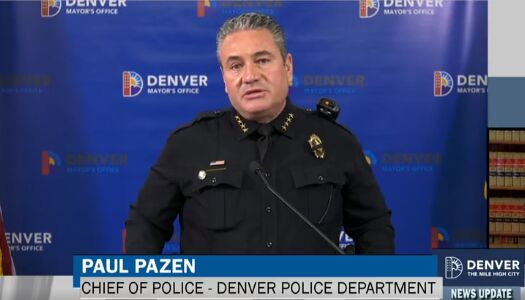
This crime wave is complicated, but it is not inevitable. Policies, laws and political speech all matter. Steps in the name of compassion that seemed like a good idea a few years ago are not doing the trick. In many cases, they are making the situation worse.
For Colorado’s legislature and governor: One piece of leadership is acknowledging when mistakes have been made. When policies have not panned out as planned. When things have gone too far.
Do you have what it takes to correct excesses, restore balance and be smart about this scary surge of lawlessness?
Note: A day after I hit “send” on this column, Gov. Polis released a “Comprehensive Public Safety Plan of Action” – to which I offer three instant reactions.
- There are some worthy pieces and it is better than nothing.
- The governor and his team clearly read the headlines, as well as polls. Color me jaded, if you will, but the suspicion is that this plan is principally an election-year attempt to get in front of the issue.
- Everyone is for enhanced treatment and prevention. But by itself, that is insufficient. Conspicuously absent from the plan is any mention of previous excesses and errors in taking bail reform too far, removing felony classification and penalties for serious drug possession, and reducing incarceration in a wholesale way. Unless such items are addressed, Colorado’s crime wave will continue to build, as many on the front lines have suggested.
Eric Sondermann is a Colorado-based independent political commentator. He writes regularly for ColoradoPolitics and the Gazette newspapers. Reach him at?EWS@EricSondermann.com; follow him at @EricSondermann
